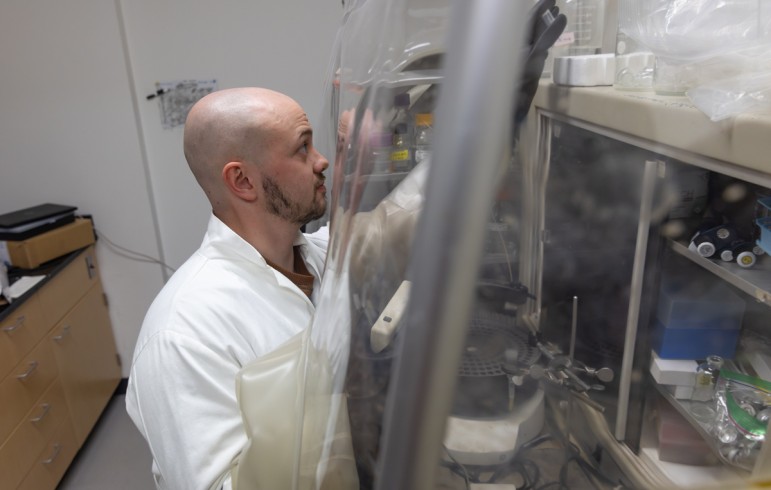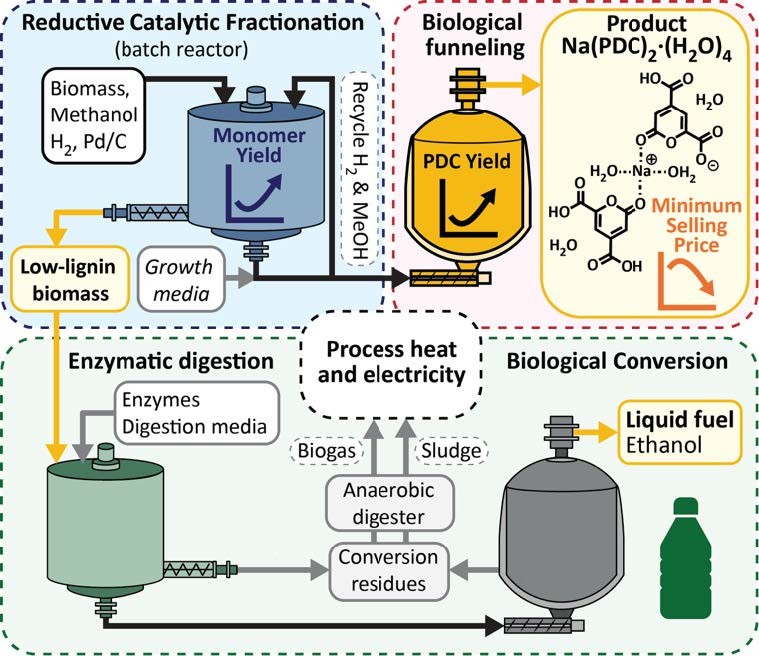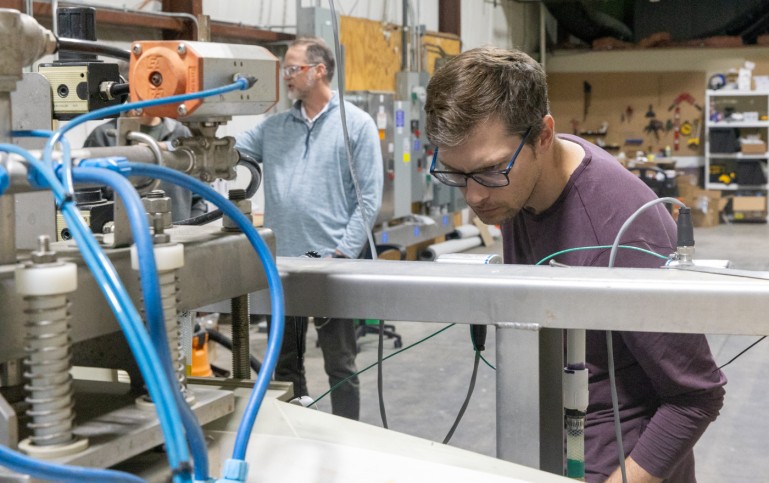The U.S. Department of Energy recently awarded about $4.7 million in funding to University of Wisconsin-Madison engineers for advanced nuclear energy research.
In recognition of his pioneering research on high-efficiency and high-power density new and classical electric motors with wide bandgap device power electronic drives, Bulent Sarlioglu, an associate professor of engineering professional development and electrical and computer engineering, receive
An internal combustion engine similar to the one in your car could play a key role in making electrical generation far more efficient.
Some chemicals used to speed up the breakdown of plants for production of biofuels like ethanol are poison to the yeasts that turn the plant sugars into fuel.
A public-private collaboration of researchers at the University of Wisconsin–Madison, the University of California, Davis, and Mars Inc., have identified varieties of tropical corn from Oaxaca, Mexico, that can acquire a significant amount of the nitrogen they need from the air by cooperating wit
Studies of plants in the University of Wisconsin–Madison Department of Biochemistry span everything from how they can be grown or consumed for agricultural or bioenergy purposes to a basic understanding of cell biology in plants and animals.
A UW–Madison led study shows that consuming crickets can help support the growth of beneficial gut bacteria and that eating crickets is not only safe at high doses but may also reduce inflammation in the body.



